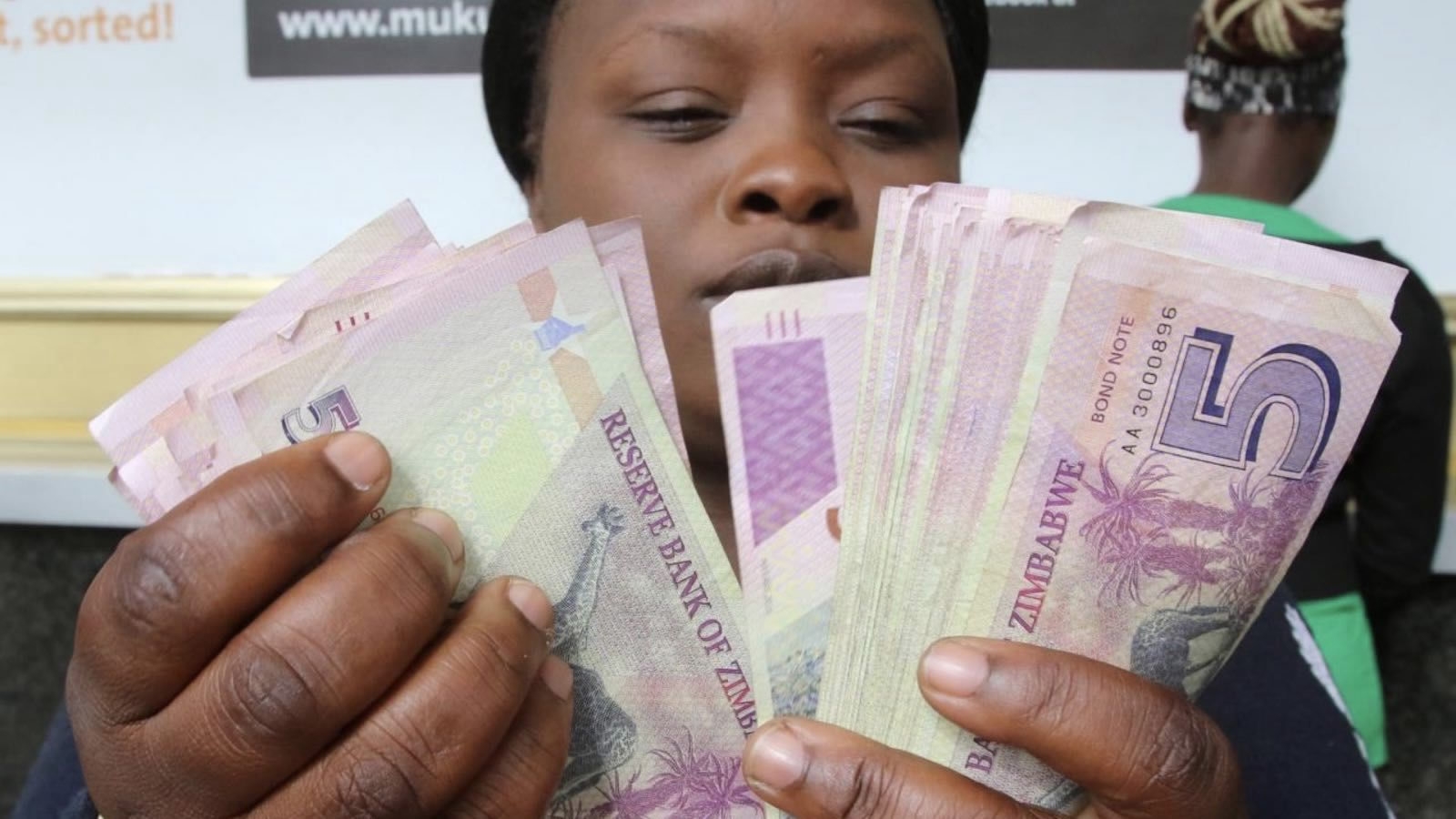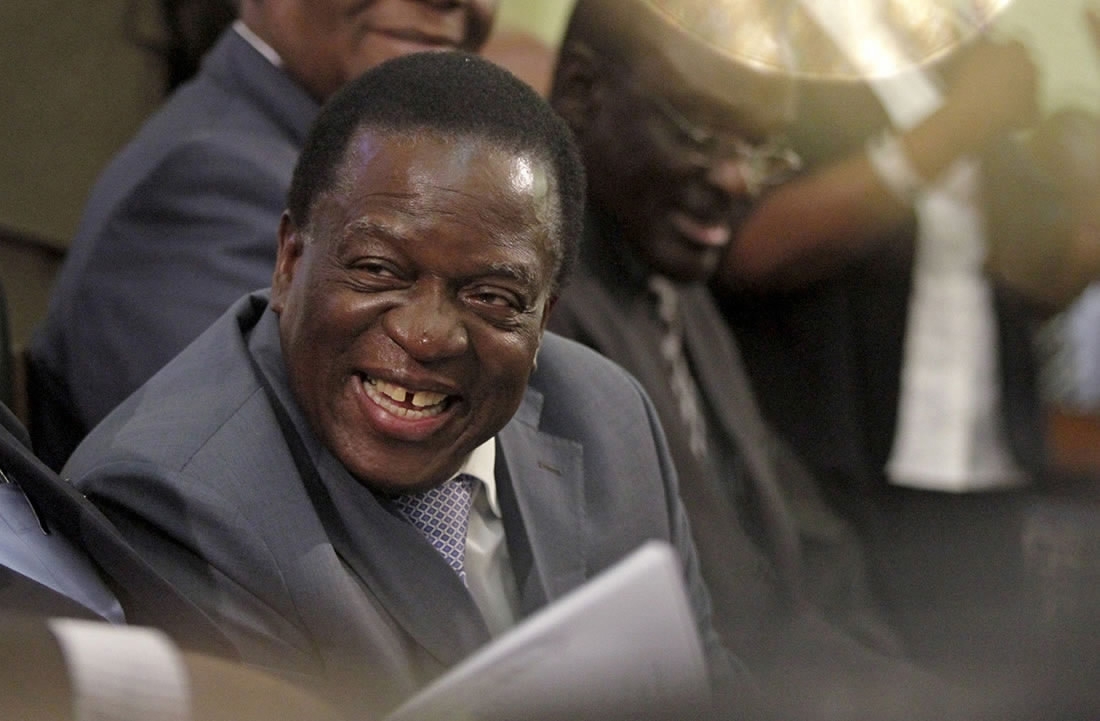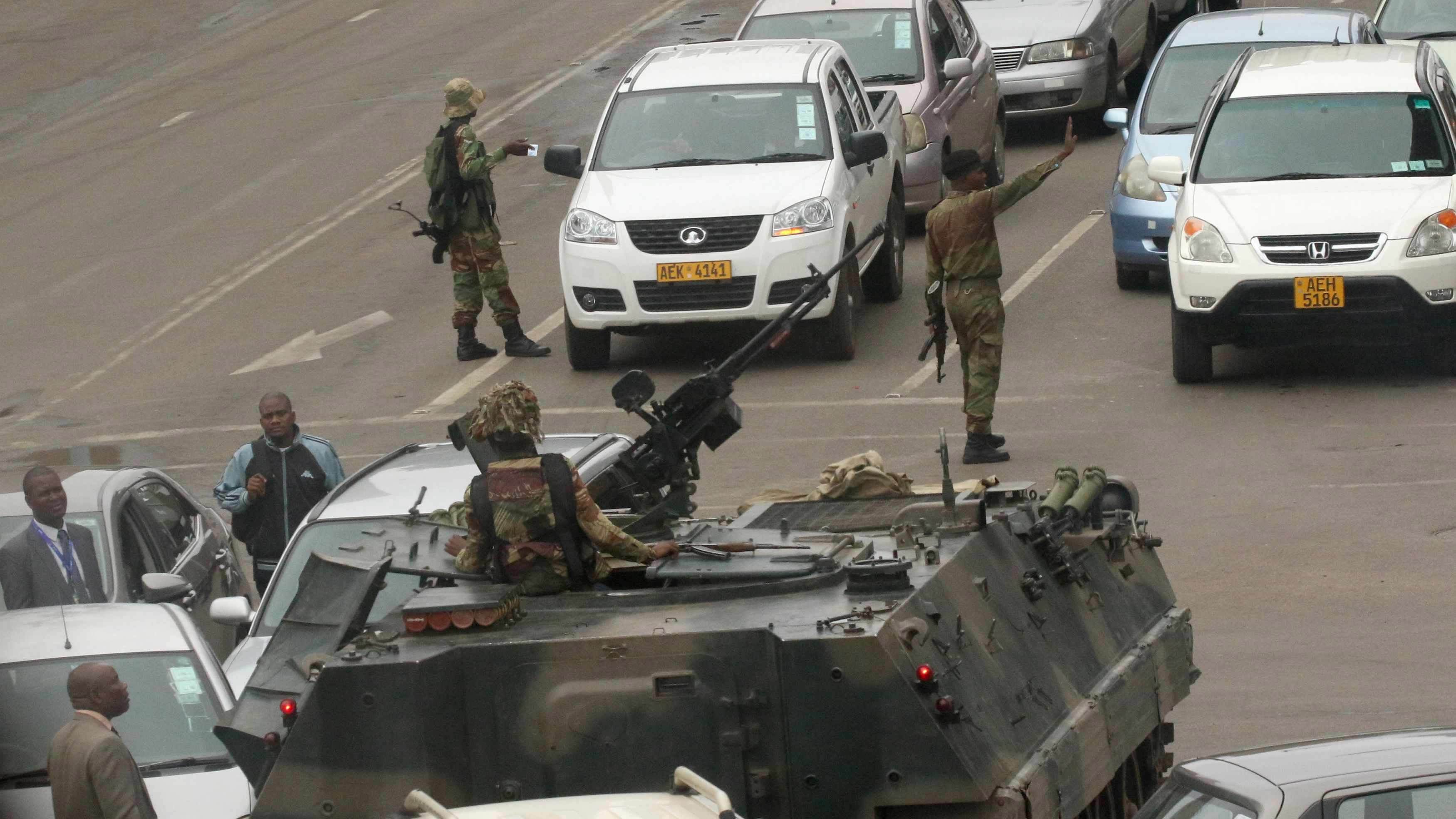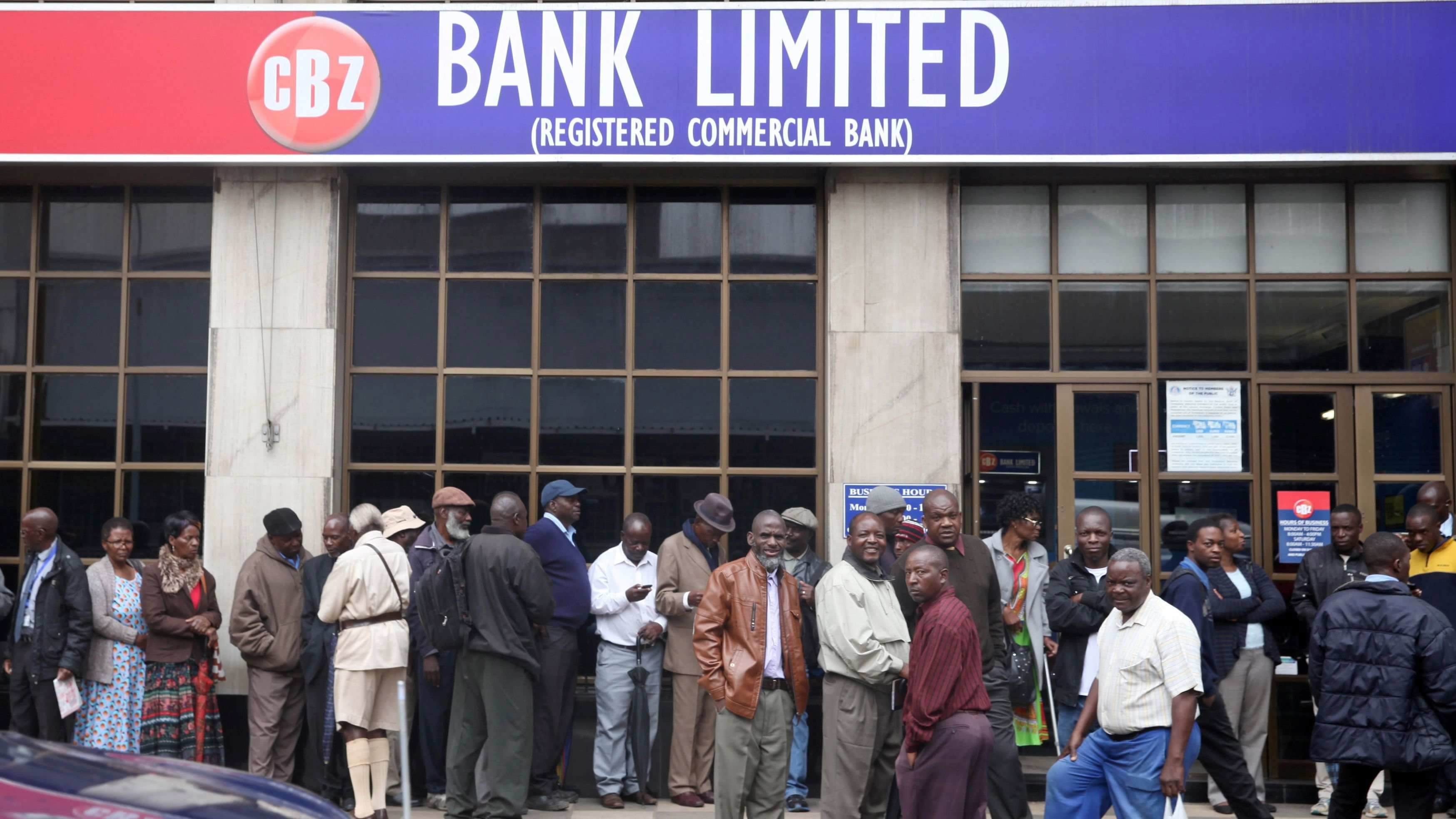
Opinions
20:11, 22-Nov-2017
Opinion: Predicting Zimbabwe’s future in three steps
Guest commentary by Shen Shiwei

A portrait of interim Zimbabwean President Emmerson Mnangagwa has replaced the one of Robert Mugabe in the parliament. A new era for Zimbabwe in 37 years is coming. So who will be the dominant players on the stage?
The “Post-Mugabe Era”, whose Zimbabwe?
Will the army play a more important role? The answer is definitely sure. Since the army stepped into the politic turmoil in 15 November, the defense force led by Commander Constantino Chiwenga has come to the front stage in politics for the first time after Zimbabwe won independence in 1980.

File photo of former Vice President Emmerson Mnangagwa /Reuters Photo
File photo of former Vice President Emmerson Mnangagwa /Reuters Photo
Originating from revolutionary struggles in the 1970s, ties between former Vice President Emmerson Mnangagwa and Commander Constantino Chiwenga are pretty strong. But, how will they define relations and power sharing between the ZANU-PF and the army in the future? What strategies will be adopted by ZANU-PF for the 2018 general elections? All answers will be disclosed on the upcoming Party Congress held in the middle of December.
How about western countries? Of course they will be carefully watching progress there and may try to push the multi-party systems trend. the opposition party, the Movement for Democratic Change (MDC) led by Morgan Tsvangirai has strong links with western countries. Will it bring more western involvement to the upcoming elections or join the acting government to ease Zimbabwean relations with the west? Emmerson Mnangagwa is waiting for Tsvangirai’s response.

Military vehicles and soldiers check vehicles on the streets in Harare, Zimbabwe on November 15, 2017. /Reuters Photo
Military vehicles and soldiers check vehicles on the streets in Harare, Zimbabwe on November 15, 2017. /Reuters Photo
"It's the economy, stupid."
The successful campaign slogan "It's the economy, stupid." in the US also reflects prioritized challenges facing Zimbabwe now.
Suffering from a cash shortage in a dollarized economy, sluggish economic growth and millions of citizens fleeing to neighboring countries, becoming migrant workers. Rebuilding foreign investors’ confidence that has been lost due to its controversial indigenization and economic empower policy is also crucial.
After expelling former Youth and Indigenization Minister Patrick Zhuwao, who holds tough position on indigenization and economic empowerment, observers believe a steady reform could happen when a new government formed. While some signals may be released first in the coming party congress.
For long-term economic development, a mixed currency including Bond notes, US dollars and South African Rand is circulating at home will still work for a long time, while cash drain off is still a headache. Remedy shall be a strong confidence boost on the Bond notes supported by a sound economic growth.

People queue to draw money outside a bank in Harare, Zimbabwe on November 15,2017. /Reuters Photo
People queue to draw money outside a bank in Harare, Zimbabwe on November 15,2017. /Reuters Photo
Avoid “China Card” trap
Obviously, China and Zimbabwe relations will remain sound and vibrant due to Chinese investment, which is helping to rebuild its economy and is a long-term friendship inherited from senior generations.
One issue that will be focused on is fierce competition that may occur if western investment returns to Zimbabwe years after sanctions being lifted. Local Chinese told me “the wolf is coming”.
Facing potential pressure, Chinese companies and small business owners there need to build a stronger competitive capacity. Moreover, be careful of the “China Card” which will be played by some parties in the 8 months long election campaign.
(The author is an African Affairs Columnist and former Business and Government Relations Consultant permanently stay in several African countries. The article reflects the author’s opinion, not necessarily the view of CGTN.)

SITEMAP
Copyright © 2018 CGTN. Beijing ICP prepared NO.16065310-3
Copyright © 2018 CGTN. Beijing ICP prepared NO.16065310-3